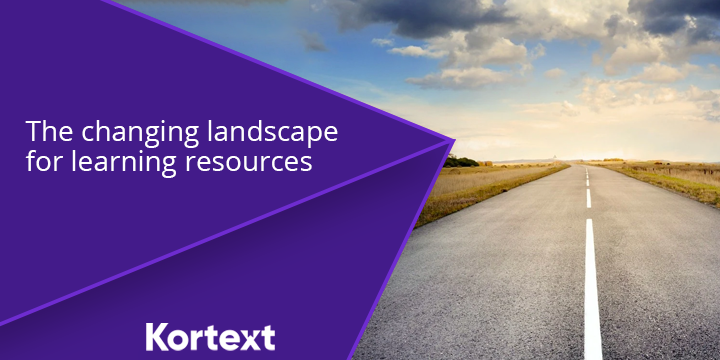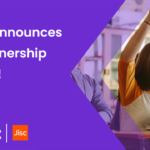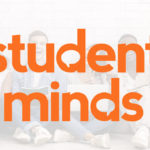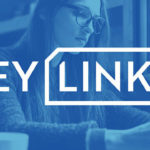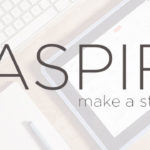Regardless of how you’re looking at education, it’s plain to see there has been an enormous shift in the last 18 months. This shift hasn’t been a bad thing – the academic sector has been catapulted into the future by the pandemic, but not everyone can keep up… nor do they want to.
The recently published NSS scores revealed some damning figures about access to, and provision of resources essential to study, leaving many students feeling dejected and uninspired about the provision, or lack thereof.
At Kortext, 76% of our customers achieved at, or above benchmark in this figure, which gives 24% a lot of room to improve, during which, we will help every step of the way.
We have partnered with Wonkhe, the home of higher education policy, to share some brilliant insight into the ever-changing landscape . To read the full commission, click here.
Wonkhe Kortext landscape for learning resources.
Higher education is at an inflection point. Since March 2020, students have been obliged to access the bulk of their learning resources remotely. Accessible digital learning resources and e-textbooks took on far greater importance than they had pre-pandemic.
An even greater prize is the opportunity to integrate learning resources more seamlessly into learning and teaching environments, using the full potential of digital learning resources to scaffold learning and improve student engagement as part of wider strategic learning and teaching enhancement.
But the pace of the shift has also brought its own challenges. The cost of procuring and licensing digital resources has led to a national campaign to investigate the practices of the academic publishing industry. And existing systems inside universities for choosing, procuring, and enabling access to learning resources have come under strain.
Wonkhe and Kortext have collaborated to explore the opportunities and challenges for universities and students arising from the shifts in the landscape for learning resources during Covid-19.
In particular, our “micro-commission” event on the future for learning resources saw three independent commissioners – one student representative, one learning and teaching expert, and one university librarian – collaborate to consider current and emerging practice, and chart a way forward for the future.
We’re proud of our work so far and look forward to carrying on the conversation as the university sector moves on to the next phase for digital learning and teaching.
– Debbie McVitty, Wonkhe
